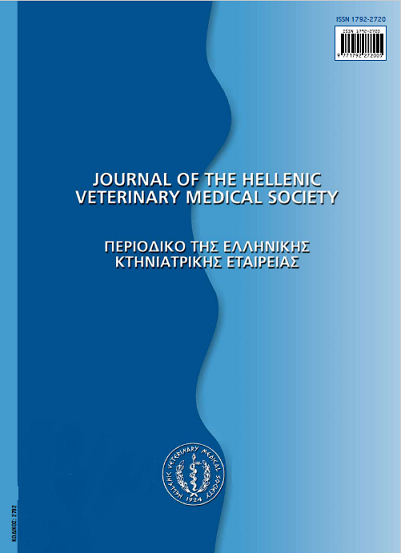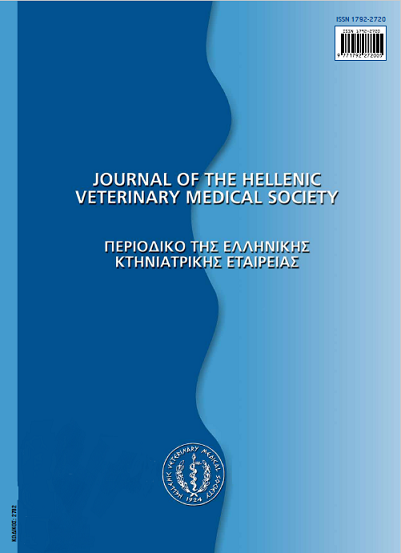Ethics of experimentation. Ethical review of experimental research protocols

Abstract
This paper describes a set of principles for the conduct of ethical review regarding experiments carried out on laboratory animals, which is important to be maintained from researchers throughout the whole process, from the initial design of the experimental protocol up to the publication of results in a peer-reviewed journal. Animal use should be justified after thorough examination of the existing validated alternative methods. The ethical review of experimental protocols will very soon become obligatory as the revision of the European Directive 86/609/EEC, regarding the protection and welfare of experimental animals, and the process will be clearly defined. In Greece several ethical committees have already been established in academic and research institutions that review applications submitted by researchers who have to prove that they are aware of all ethical aspects of animal experimentation, including a harm/benefit analysis where special attention to the severity of the procedure is given. Ethical committees are responsible for the initial ethical evaluation of research protocols that plan to use laboratory animals and for ensuring that animal welfare considerations are applied. Ethical committees may comprise experts from various scientific fields, among which the participation of a veterinarian specialized in Laboratory Animal Science and Medicine is considered to be essential. The ethical evaluation process needs to become a vital necessity for all researchers wishing to deal with Laboratory Animal Science and biomedical research.
Article Details
- How to Cite
-
MARINOU (Κ. ΜΑΡΙΝΟΥ) K., & DONTA (Ι. ΔΟΝΤΑ) I. (2017). Ethics of experimentation. Ethical review of experimental research protocols. Journal of the Hellenic Veterinary Medical Society, 60(3), 217–221. https://doi.org/10.12681/jhvms.14928
- Issue
- Vol. 60 No. 3 (2009)
- Section
- Special Article
Authors who publish with this journal agree to the following terms:
· Authors retain copyright and grant the journal right of first publication with the work simultaneously licensed under a Creative Commons Attribution Non-Commercial License that allows others to share the work with an acknowledgement of the work's authorship and initial publication in this journal.
· Authors are able to enter into separate, additional contractual arrangements for the non-exclusive distribution of the journal's published version of the work (e.g. post it to an institutional repository or publish it in a book), with an acknowledgement of its initial publication in this journal.
· Authors are permitted and encouraged to post their work online (preferably in institutional repositories or on their website) prior to and during the submission process, as it can lead to productive exchanges, as well as earlier and greater citation of published work.



